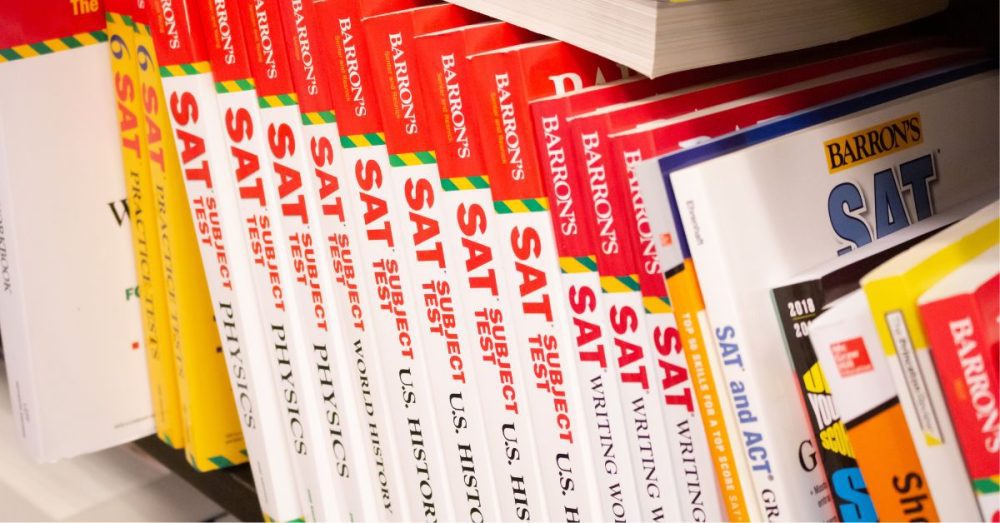A Dallas-based online prep course company hosted a roundtable on Thursday to examine the challenges students face in succeeding academically and consider potential solutions.
UWorld partners with local organizations to help students succeed academically and prepare for college. The company specializes in online learning tools and test prep to help students achieve their goals by scoring well on high-stakes tests, such as college entrance exams like the SAT or the ACT.
In June, UWorld awarded $175,000 to 11 non-profit organizations in North Texas to uplift local communities by preparing young people for a bright and accomplished future.
These nonprofits included Boys & Girls Clubs of Greater Dallas, Communities in Schools of Dallas and Greater Tarrant County, The GEMS Camp, Junior Achievement of Dallas and the Chisolm Trail, Girls Inc., Jubilee Park, Dallas Afterschool, NFTE, and Scottish Rite For Children.
Members of these nonprofits met for a roundtable discussion on July 11 attended by The Dallas Express to help UWorld learn how to better prepare students across North Texas for higher education and the workforce.
For instance, the roundtable raised the many challenges some students face when preparing for college. The majority of those in the coalition’s targeted communities choose to go straight into the workforce rather than pursue further studies.
The representatives of the organizations participating in the roundtable agreed that several socioeconomic factors contribute to these students’ decisions to bypass college. They discussed several barriers students face, including financial strain, lack of resources, lack of communication, and reluctance to go into debt.
Participants also agreed that the school students attend directly impacts their success in higher education. Many pointed out that lower-income areas and districts had more students feel like they didn’t have a strong enough education to get into college.
Another topic surrounding students not attending college identified during the roundtable was a lack of understanding. Participants discussed how many students are unaware of how to prepare for the college application process or all the steps it entails.
The roundtable participants agreed that more communication between parents, students, and counselors was needed to mitigate the issue.
There was also a consensus that students must be told they are talented and good at something. Many students often do not go to college because they simply do not know what to major in, and the participants agreed that identifying each student’s skills and talents could help them find the right career path.
During the roundtable, the SAT and ACT were also discussed, with the participants noting that these test scores have been the best indicators of academic success rather than one’s GPA.
Last year, test takers scored the lowest in three decades on the ACT, as previously reported by The Dallas Express.
An issue raised during the roundtable was that students were feeling overwhelmed by the need to perform well on college entrance exams, leading to mental health issues.
Out of the 11 nonprofits, all but one felt that students were not adequately prepared for success in college. According to the latest accountability report from the Texas Education Agency for Dallas ISD, post-high school unpreparedness has been a problem. In the 2021-2022 school year, the district only logged a score of 59 out of 100 for College, Career, and Military Readiness metric. Only 25% scored at or above the college-ready standard on tests like the ACT or had earned credit for a college prep course.
Participants at the roundtable also noted the growing number of students enrolling in dual credit/dual enrollment classes. Compared to AP testing, the organizations agreed that dual credit classes are the easiest and most cost-effective path.
The organizations then went around and shared advice they would give to students.
The advice shared included dreaming big, being consistent, being kind, understanding that one size doesn’t fit all, continuing to learn and be creative, finding problems in the community and aiming to find solutions, and learning what makes them different and using that to their advantage.


